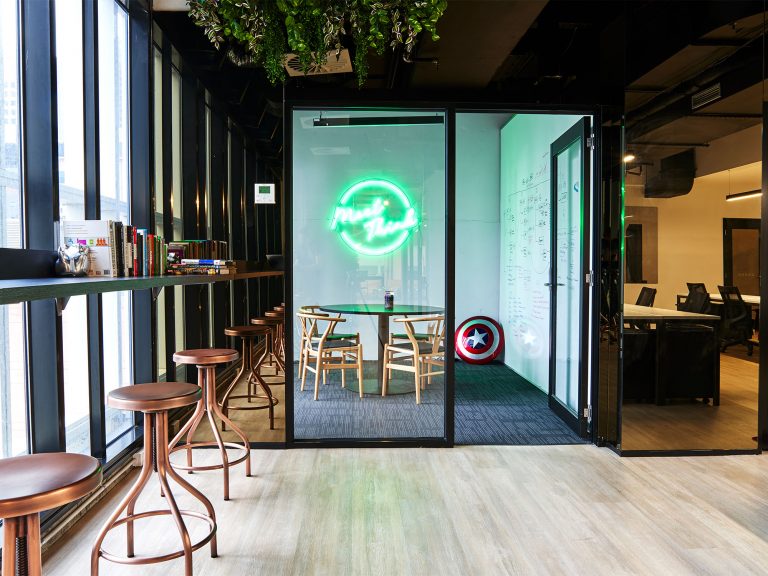Put your business in the cloud

Cloud is a game changer for business. Think of the way retailers like Amazon have achieved far more cloud-based agility than large bricks-and-mortar counterparts.
But if you’re confused with all the marketing campaigns selling cloud solutions and all the reports from experts, you’re not alone.
New cloud users should keep in mind a simple definition of the cloud: It’s someone else’s computer or computers.
The first thing to understand is there are two types of cloud.

First, there’s public cloud, where your business shares the application software, hardware, data centre, and operating system with all of the other users. It’s the low-cost option. Then there is private cloud, which offers greater security and fewer performance issues.
Think of it this way: If an application goes down in a public cloud system, all the other users will suffer an outage. That doesn’t happen in private cloud. It costs more, but many businesses choose that to protect their data.
Cloud is changing buildings. More organisations are switching to cloud-based office systems such as Microsoft’s Office 365 or Google Apps. One big factor driving this is the increasing number of devices people are using these days.
The average person today might be using at least four devices — smartphone, tablet, work desktop or laptop and home desktop — to access their organisation’s office system capabilities in a single week. That puts enormous strain on the company’s IT system. Cloud systems can reduce IT maintenance, installation, security and mobility costs because unlike other packages, they don’t work off a per-device model.
For office management, it also makes a big difference. Cloud can change the office configuration completely. With cloud, people can work from the comfort of their home, while on the road or even on holiday.
Using cloud, you can create a virtual office space for people who are not working there without much investment or the leasing out of extra space.
Cloud changes the office configuration completely.
It’s also good for accounting.
Ben Shields, a partner at Deloitte Private Connect, says cloud can change everything for a business by giving the owner access to real time accounting. This can give them a better understanding of their financial position and performance during the year, as opposed to only finding out when they get the accounts well after the conclusion of the financial year.
“No longer should a business owner expect to wait until after a year ends to know how their business performed during the year that’s past and where their business stood at the end of the year that’s past,’’ Shields says.
OK but what exactly should the business owner look out for?
Shields says the first thing they have to do is have a system that has an open architecture that allows the business to work with other apps. That’s important as the business grows and develops.

It’s also important to pick the right apps, he says.
“Is there a way to see everything in a snapshot across your business? Do the apps you choose work together to give you the insights you need via a simple, intuitive dashboard or the like?
“Just as importantly, the business owner has to put a lot of care into finding a reputable software provider. They need the expertise to provide the guidance for an often confusing number of choices.
It’s also important to pick the right apps.
“Pick the individual apps that are right for your business but think about how you will balance this with the proliferation of subscriptions, logins and management effort that comes from selecting ‘point’ applications,’’ Shields says,
What’s important too, he says, is to have a clear understanding of where the data is stored.
“Make sure you have a clear understanding of where your data is held, who owns it and how it is available for back up,’’ he says.
What’s important is to pick the processes that work specifically for your business. That means doing your homework. But it’s better than buying a full suite of cloud products that will go unused.







